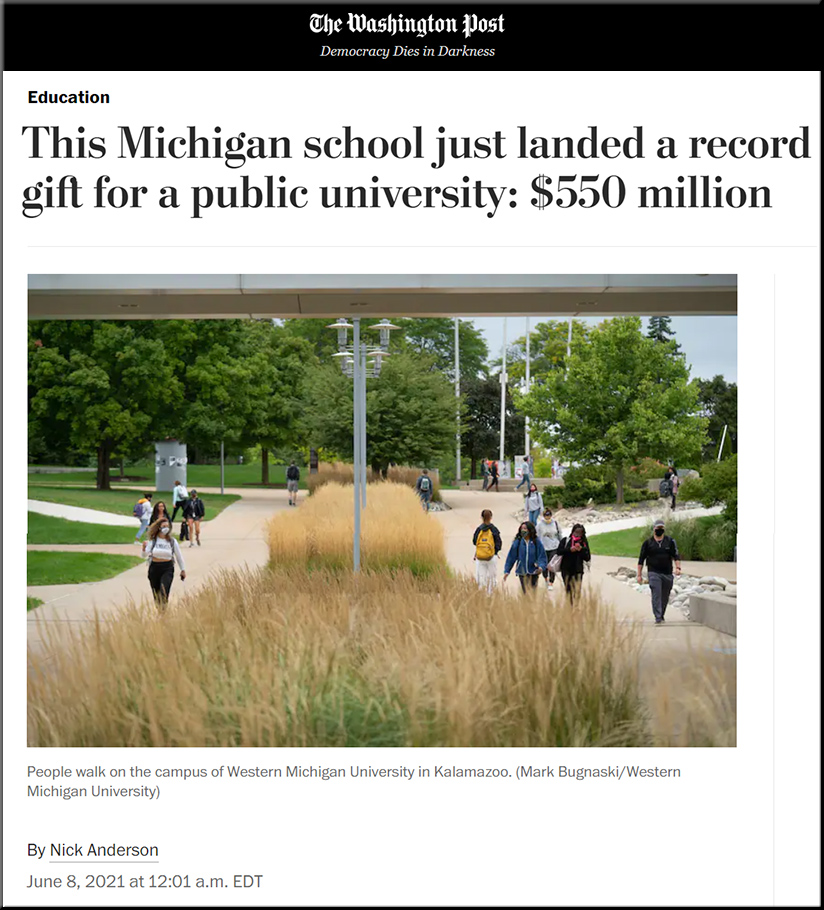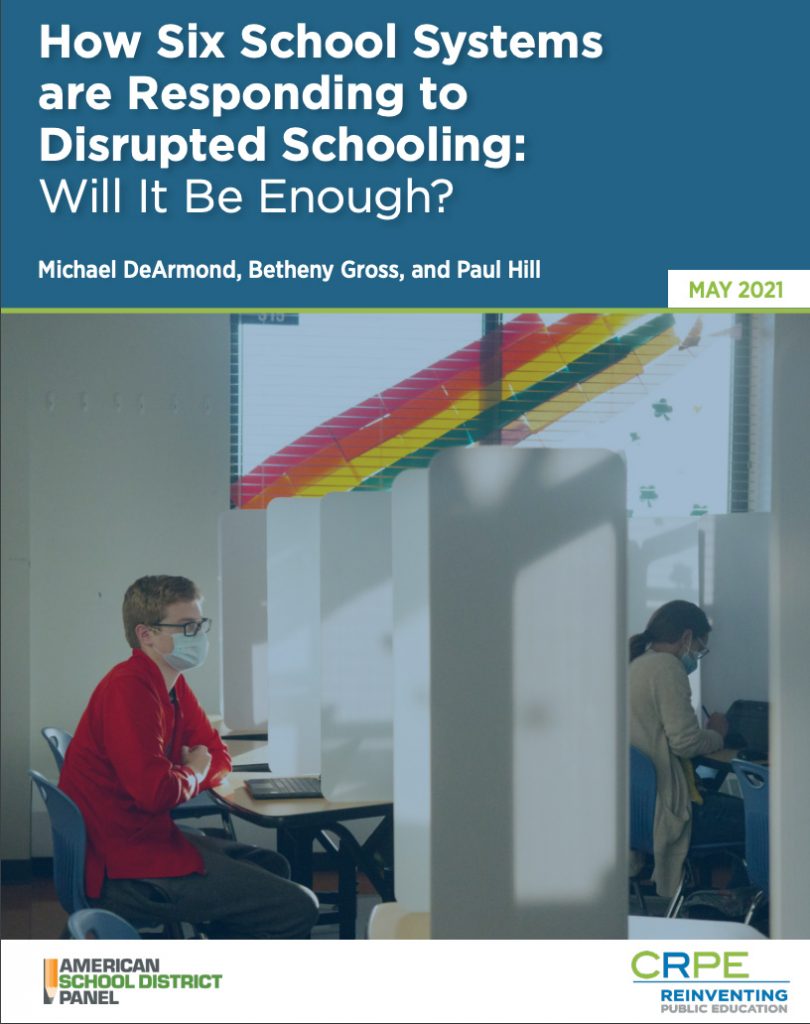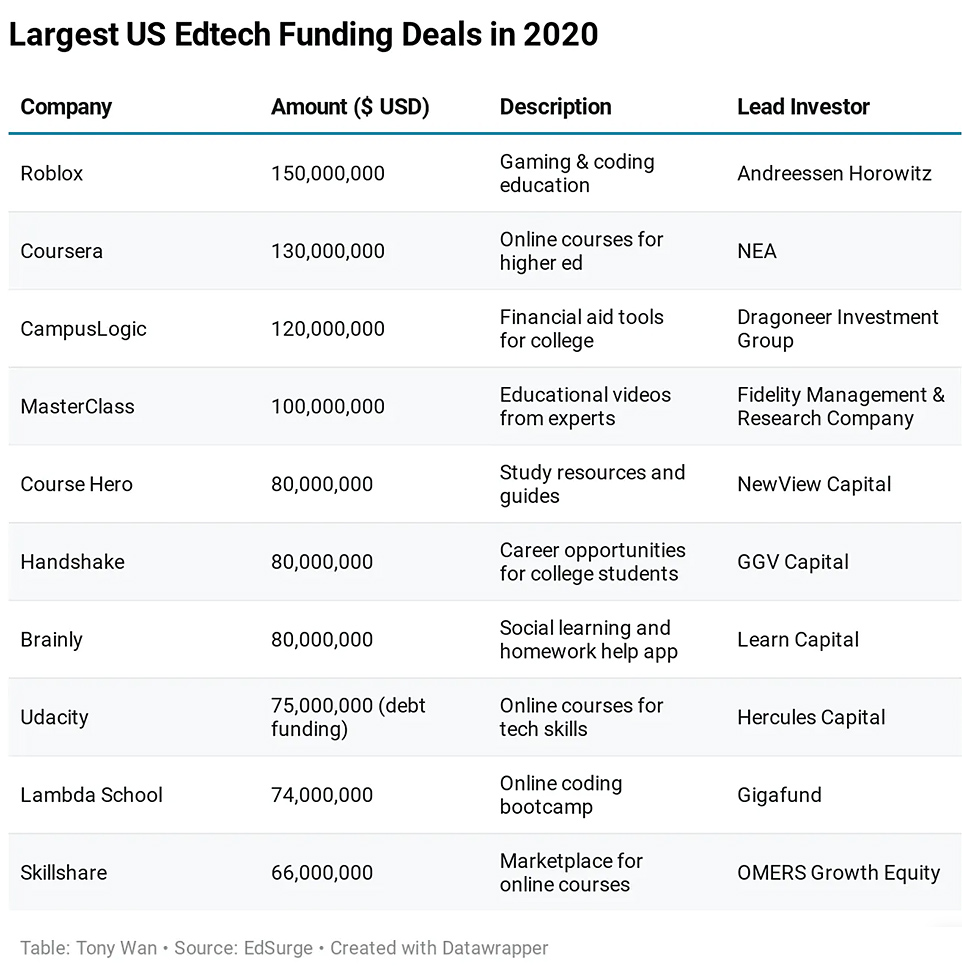Microsoft announces plan to cut cybersecurity workforce shortage in half by 2025 — from cnbc.com by Lauren Feiner
Excerpt:
- Microsoft will partner with community colleges across the U.S. and provide free resources in an attempt to help end a shortage in cybersecurity workers, the company announced Thursday.
- The company believes it can help train and recruit 250,000 people into the cybersecurity workforce by 2025.
- Microsoft also believes the effort will help diversify the cybersecurity workforce.













